
What is UL2054 Battery Certification?
What is UL2054?
UL2054 is a safety standard for household and commercial batteries issued by Underwriter Laboratories Inc. (UL), with the latest version released on November 17, 2021. This standard primarily covers portable primary (non-rechargeable) and secondary (rechargeable) lithium-ion batteries used in consumer products, ensuring they do not explode or catch fire during use, and reducing risks during transportation, storage, or disposal.
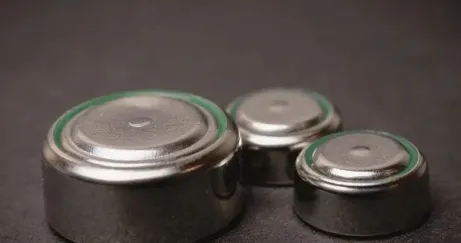
Scope and Requirements of UL2054 Certification
1. Applicable Batteries
- Portable primary (non-rechargeable) and secondary (rechargeable) lithium-ion batteries.
- Batteries composed of single or multiple lithium-ion cells in parallel, series, or a combination of both.
2. Safety Objectives
- Reduce the risk of explosion or fire when the battery is used in devices.
- Ensure battery safety in proper applications.
- Prevent fire or explosion during transportation, storage, or disposal.
3. Battery Construction
- The battery casing should have sufficient strength and rigidity to prevent abuse.
- Plastic casings should be designed to prevent opening with simple tools, using ultrasonic welding or equivalent methods for assembly.
- Casing materials should meet the minimum thickness and flammability requirements of the UL 746C standard.
4. Electrolyte
- Under laboratory conditions, puncturing the battery casing should not release pressurized vapors or liquids.
5. External Connectors
- Should prevent accidental short circuits and use fire-resistant materials.
- External connectors forming part of the casing should be at least V-1 rated.
6. Printed Circuit Boards
- Should be rated at least V-1.
7. Voltage Control
- The voltage of each cell should not exceed the manufacturer's specified charging voltage limit.
- The voltage of series-connected cells should be controlled by monitoring each cell block.
UL2054 Testing Items
1. Short Circuit Test
- Test the battery at 20 ± 5°C and 55 ± 2°C.
- The battery should not explode or catch fire, and the temperature should not exceed 150°C.
2. Abnormal Charging Test
- Overcharge the battery at 20 ± 5°C.
- Should withstand three times the manufacturer's specified maximum charging current for a minimum of 7 hours.
- The battery should not explode or catch fire.
3. Mechanical Tests
- Includes crushing, impact, and vibration tests to ensure safety under physical shocks.
- Conducted at 20 ± 5°C, the battery should not explode or catch fire.
4. Forced Discharge Test
- Applicable to multi-cell battery applications.
- Completely discharged cells connected in series with charged cells, undergoing forced discharge.
- The battery should not explode or catch fire.
Important Testing Considerations for UL2054
1. Explosion Prevention
- The test site should be well-ventilated to prevent harmful fumes or gases.
- Prevent injuries from debris, heat, and chemical combustion during tests.
2. Temperature Monitoring
- Monitor battery surface temperature during multiple tests to ensure safety.
- Use thermocouple wires no larger than 24 AWG and no smaller than 30 AWG for temperature measurement.
3. Independent Room Testing
- Certain high-risk tests should be conducted in independent rooms or rooms with adequate safety barriers.
Certification General Provisions
1. Alternative Standards
- Batteries using lithium metal, lithium alloy, or lithium-ion should meet the UL 1642 standard.
2. Measurement Units and Terminology
- Use the measurement units and terminology specified in the standard.
3. Component Requirements
- Product components should meet UL2054 certification requirements, refer to the official appendix for specific rules.
4. Electrical Tests
- Include short circuit, abnormal charging, abuse overcharging, and forced discharge tests to ensure electrical safety of the battery.
By adhering to these rigorous tests and requirements, UL2054 certification ensures the safety and reliability of lithium-ion batteries in various usage scenarios. The JJR Laboratory in China, an IEC 17025 authorized laboratory, provides UL2054-related testing services.
Email:hello@jjrlab.com
Write your message here and send it to us
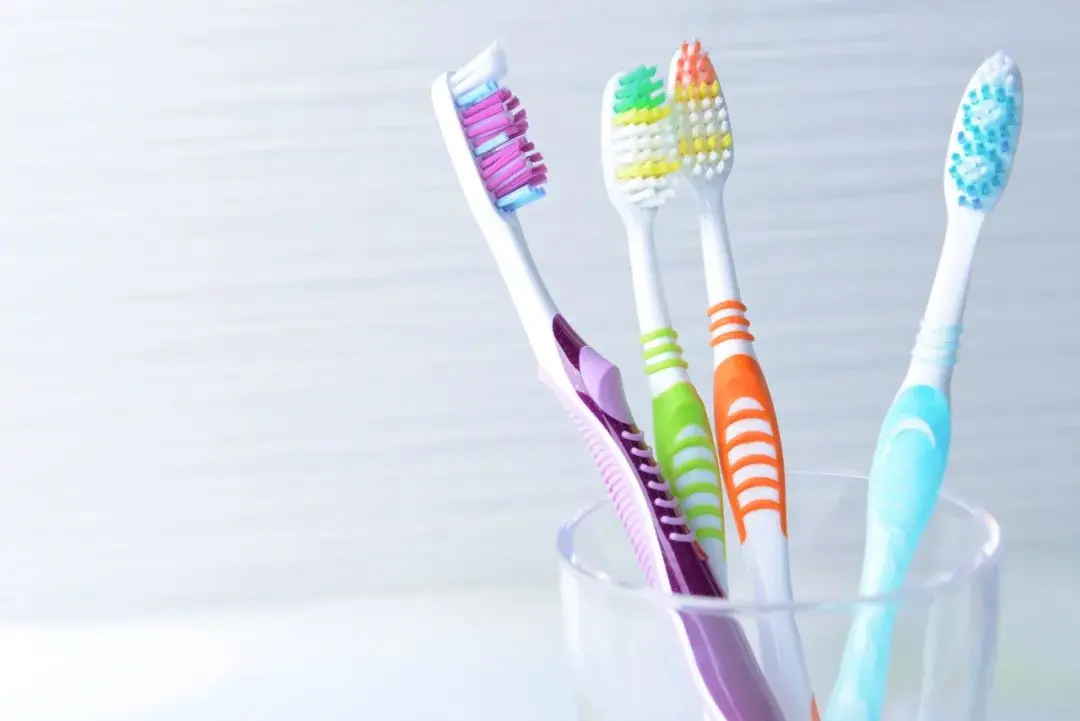 Toothbrush FDA Certification Testing
Toothbrush FDA Certification Testing
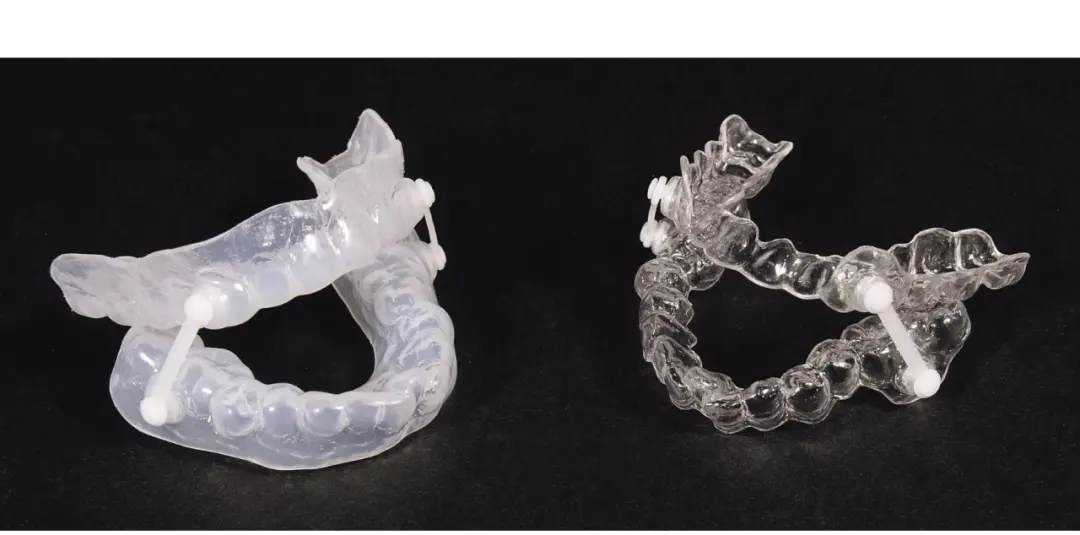 Snoring Device FDA 510k Standard Testing
Snoring Device FDA 510k Standard Testing
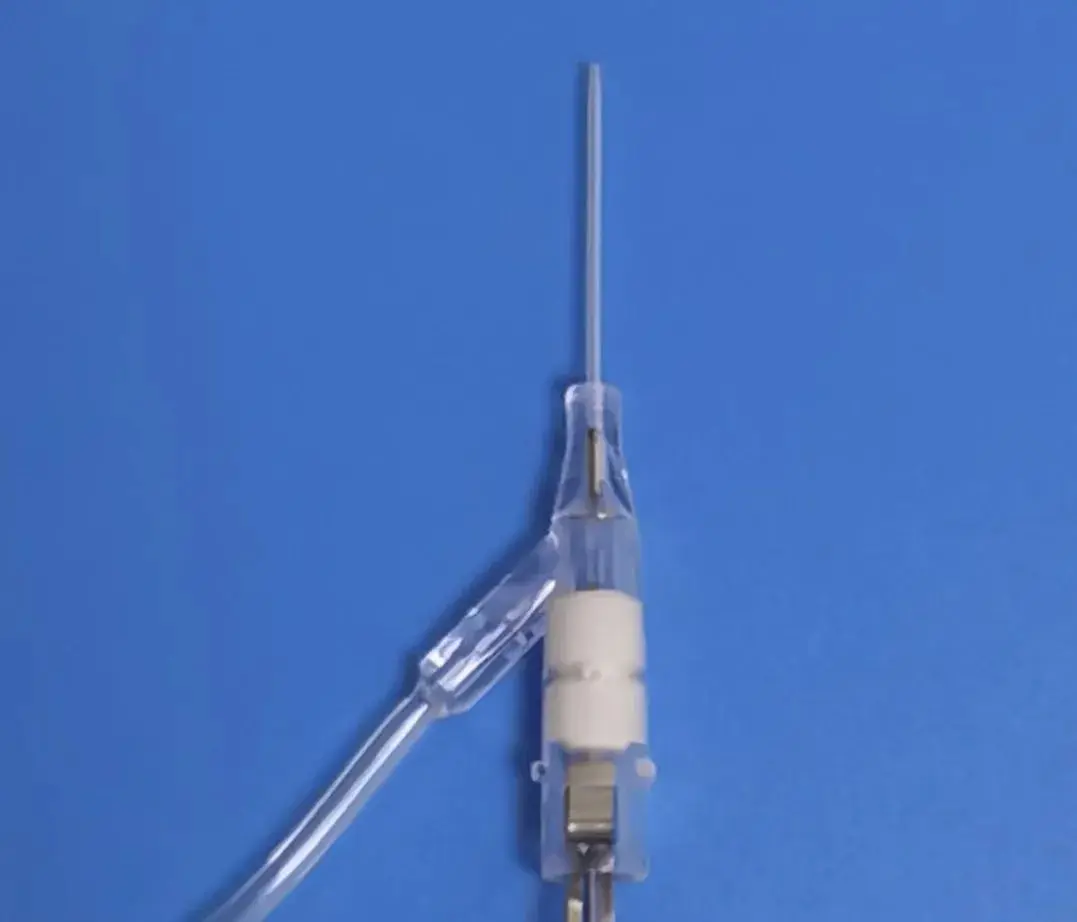 Single Use Intravenous Catheter Certification Test
Single Use Intravenous Catheter Certification Test
 Silicone Material Product Compliance Certification
Silicone Material Product Compliance Certification
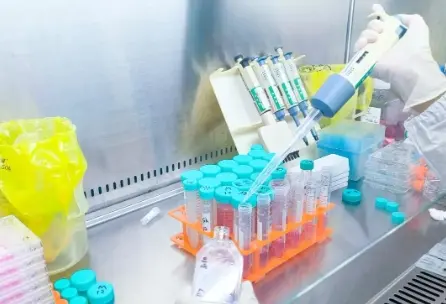 What to Do If Cytotoxicity Test Results Are Positi
What to Do If Cytotoxicity Test Results Are Positi
 ISO 10993:5 Cytotoxicity Testing Methods
ISO 10993:5 Cytotoxicity Testing Methods
 FDA ISO 10993-1 Biocompatibility Evaluation Guidel
FDA ISO 10993-1 Biocompatibility Evaluation Guidel
 In Vitro Cytotoxicity Testing for Medical Devices
In Vitro Cytotoxicity Testing for Medical Devices
Leave us a message
24-hour online customer service at any time to respond, so that you worry!




